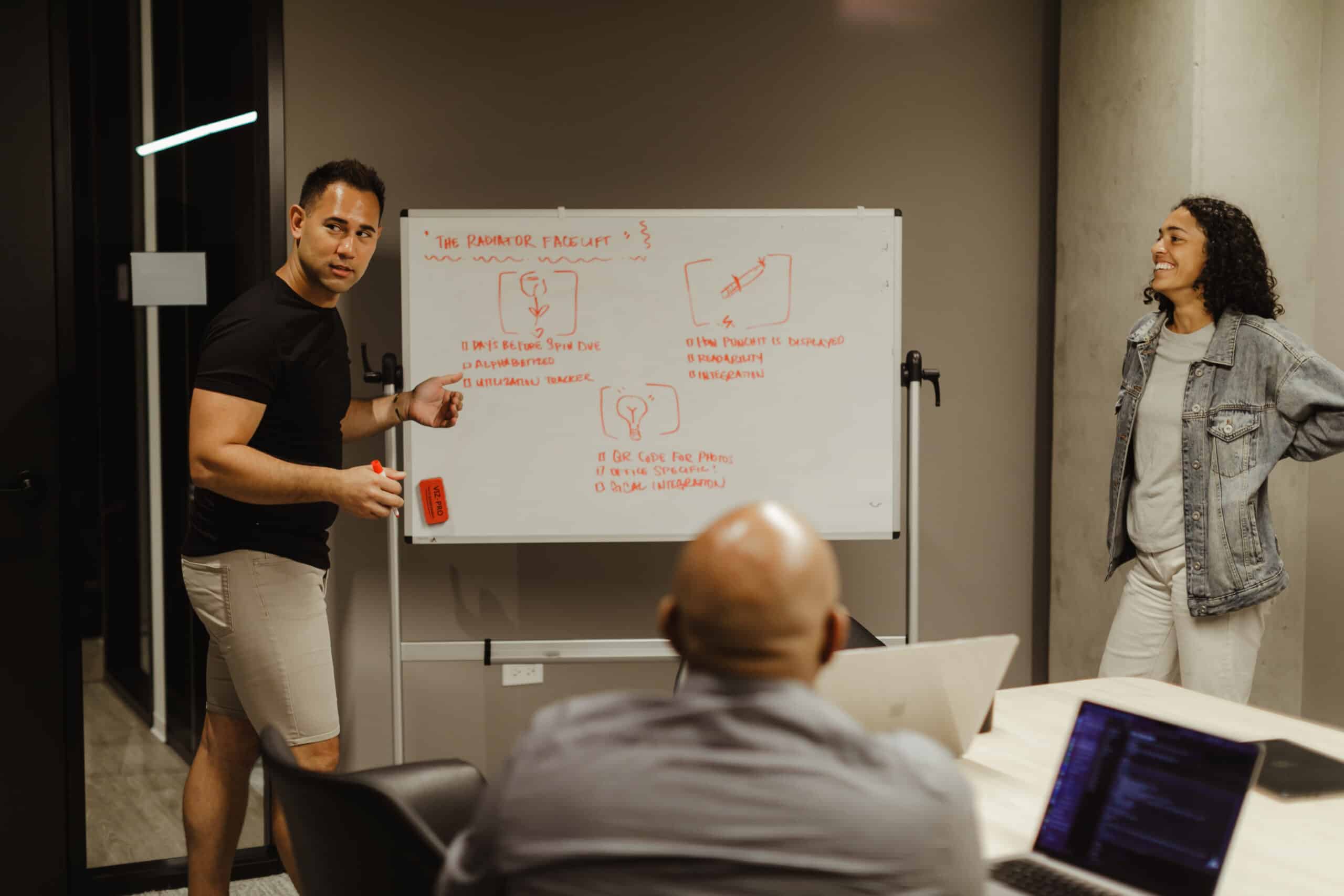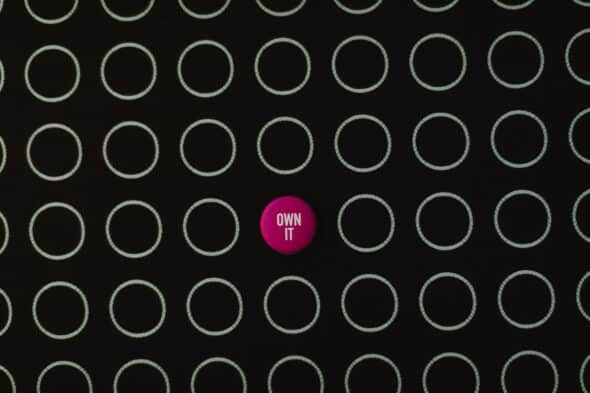At Atomic Object, one of the company’s core values is “own it.” This is essentially the idea of ownership and responsibility in the work we do. This principle especially stands out as relevant to my journey as a first-year developer here. This concept has not only shaped my approach to work but has also been a driving force behind my personal and professional growth. In only a year of working here, how I perceive “owning it” has evolved. It has shaped my approach to learning, my sense of responsibility, and the code I write.
Embracing the Learning Curve
When I was newly hired, I initially assumed “owning it” mainly applied to the code you write and the product the team builds. While it does apply there, I also learned that “owning it” also meant acknowledging when I didn’t understand or know something. As a new developer to the field, I remember struggling with new concepts and not knowing how to ask for help, but through pair programming and the help of my team, I began developing the skill of asking for help when I needed it.
My team understood that I was a new developer and that I wouldn’t know everything. They embodied “teaching” from the company value of “teach and learn,” assisting me and sharing their knowledge. Admitting when I didn’t know something wasn’t always easy, but I eventually found it to be more freeing than pretending to know in the moment and struggling later.
By recognizing and communicating my knowledge gaps, I took control of my learning process. This willingness to seek help and admit when I didn’t know something was crucial. Feedback from my project team underscored that how you handle not knowing things can significantly impact your growth at a company. Embracing this value of “owning it” helped me become more proactive in my learning and professional development.
Taking Responsibility for Outcomes
Another important aspect of “owning it” I discovered is taking full responsibility for both my successes and shortcomings. It’s more often easier to own the work people praise, but it is harder to own the work that wasn’t your best. Taking personal ownership of work that wasn’t done well also opens up the ability to grow; it’s harder to learn from experiences you don’t take responsibility for, I learned.
Early on, I had to confront the reality that failure is an inevitable part of growth, and rather than shying away from it, I began to see feedback as a valuable tool for improvement. Embracing this principle helped me become more resilient and attentive to areas where I needed to improve, ultimately driving my development as a more effective and adaptable team member.
Striving for Excellence
More recently, “owning it” has evolved into a commitment to not settling for “good enough.” One key area where this principle became apparent was in my approach to code quality. I learned that being a good developer isn’t just about crushing features and cranking out code (although there are times for that). It’s about coding intentionally and creating a robust and maintainable codebase.
Understanding when and how to refactor code, though challenging, became crucial in ensuring the reliability and efficiency of our software. I’ve learned that if there’s an area of the codebase that is getting out of hand or is getting less understandable, it might be time to consider a refactor or reorganization of the code. Having unit test to back up your refactor work also helps make this work easier. While I’m still honing this skill of refactoring, recognizing its importance has motivated me to look beyond getting the immediate work done, towards the long-term health of the codebase.
Looking Ahead
Looking back on my first year at Atomic Object, the principle of “owning it” has been a defining value in shaping my journey. This approach has not only guided my growth professionally but has also influenced how I tackle challenges and seek continuous improvement outside of work. By embracing ownership in my learning, I’ve developed a deeper understanding of my role and responsibilities. As I move forward, the commitment to “owning it” will remain a common thread in my career, continuously driving me to engage more fully and strive to learn at all levels.


